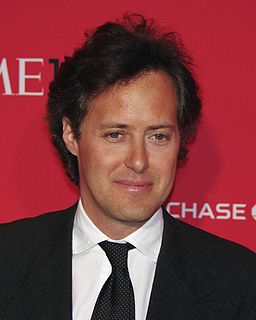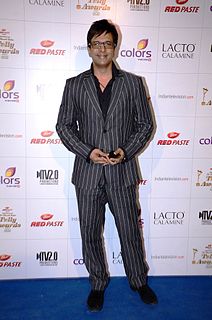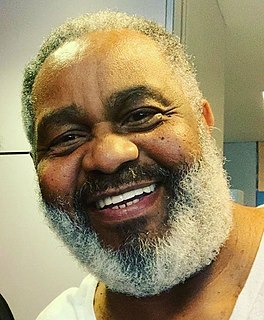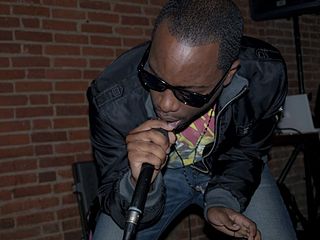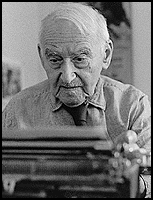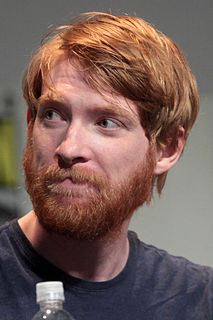A Quote by Sean Pertwee
My father was brought up in a theatrical background, just as I was, and his father instilled in him the need to do everything properly and take responsibility for money.
Quote Topics
Related Quotes
At 15 [my father] revolted against his father like any teenager, and said, "I'm out of here! What are you doing to me?" He thought he wouldn't be involved in that kind of stuff for the rest of his life. He just wanted to make money. He was one of those people who took over the family responsibility. His own father was pretty irresponsible with money and borrowed from people all the time.
My earliest influences would definitely be my father, just seeing him play in different bands and going to his shows and going to the rehearsals. You know what I'm saying, it was the typical story of a son looking up to his dad. So the years that my father was around, my father was my biggest influence.
And so [my brother] Gilbert and I, brought up without a formal religion, remained throughout our lifetimes just what Father was, freethinkers. And, likewise, doubters and dissenters and perhaps Utopians. Father's rule had been 'Question everything, take nothing for granted,' and I never outlived it, and I would suggest it be made the motto of a world journalists' association.
I was brought up in a very naval, military, and conservative background. My father and his friends had very typical opinions of the British middle class - lower-middle class actually - after the war. My father broke into the middle class by joining the navy. I was the first member of my family ever to go to private school or even to university. So, the armed forces had been upward mobility for him.
I have a lot of special memories with my parents but my toughest one is, I had, as a teenager, a pretty insatiable appetite for beer. The first time I got drunk my father found me throwing up in the bathroom. I was 15, maybe 16, and the disappointment in his voice, I can hear it to this day, and the sorrow that that brought to him. He just felt like a failure as a father, and Id give anything to take that day back because that was so hard on him. In time, my life got better, and his did too, but that was really memorable, one of those memories Id like to forget.
Don't drop him," said Peter's mother to his father. "Don't you dare drop him." She was laughing. "I will not," said his father. "I could not." For he is Peter Augustus Duchene, and he will always return to me. Again and again, Peter's father threw him up in the air. Again and again, Peter felt himself suspended in nothingness for a moment, just a moment, and then he was pulled back, returned to the sweetness of the earth and the warmth of his father's waiting arms. "See?" said his father to his mother. "Do you see how he always comes back to me?
When the father dies, he writes, the son becomes his own father and his own son. He looks at is son and sees himself in the face of the boy. He imagines what the boy sees when he looks at him and finds himself becoming his own father. Inexplicably, he is moved by this. It is not just the sight of the boy that moves him, not even the thought of standing inside his father, but what he sees in the boy of his own vanished past. It is a nostalgia for his own life that he feels, perhaps, a memory of his own boyhood as a son to his father.
I think for my parents it was like "A Boy Named Sue," the Johnny Cash song. A guy named Sue tries to track down his father to take it out on his father for naming him Sue. And his father says, "Look, I knew I wasn't going to be around. So I gave you the name so that you would grow up strong enough to take the hits and fight back." So I like to believe that's why my parents gave me this stupid name.



